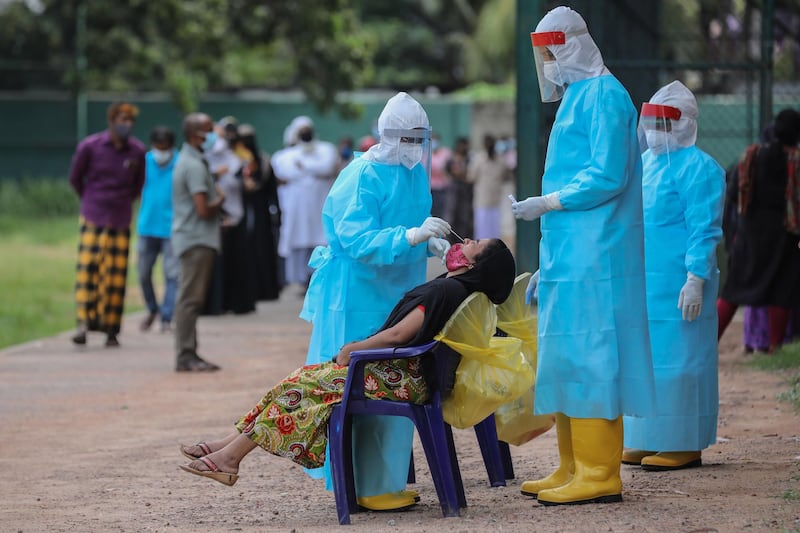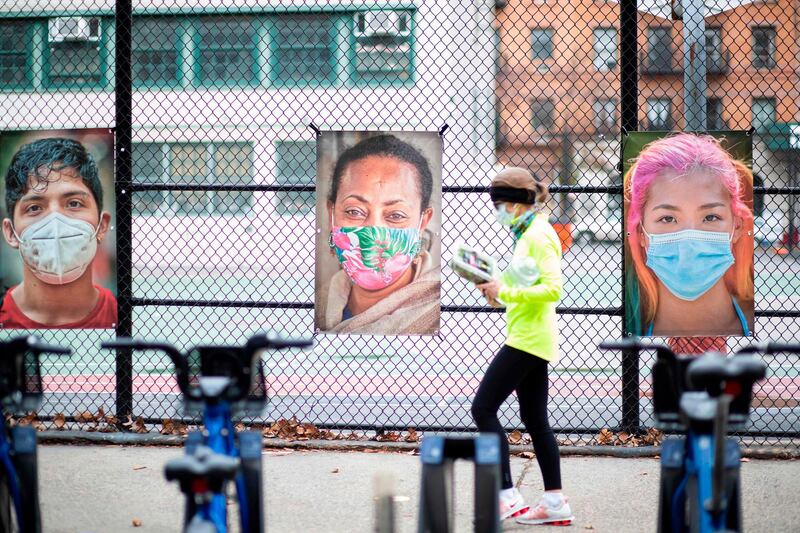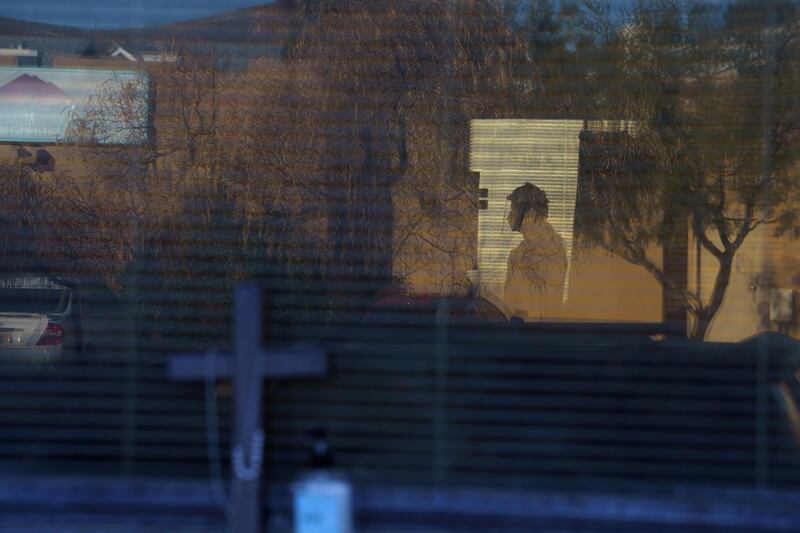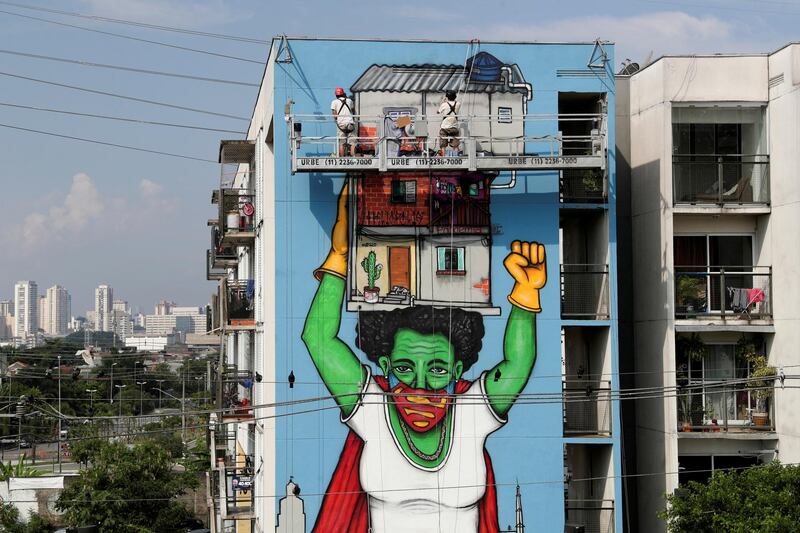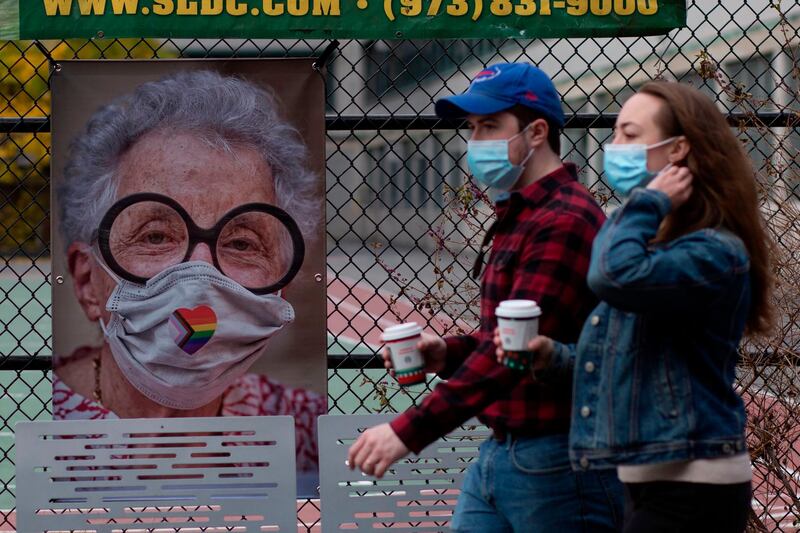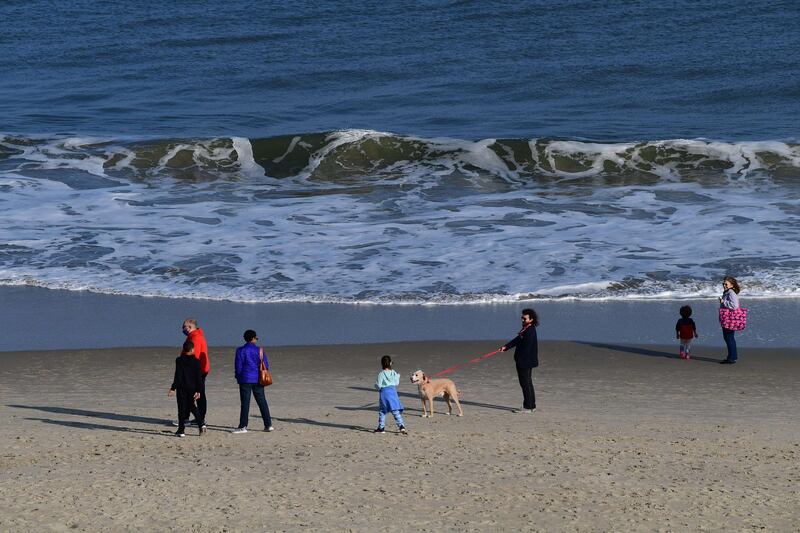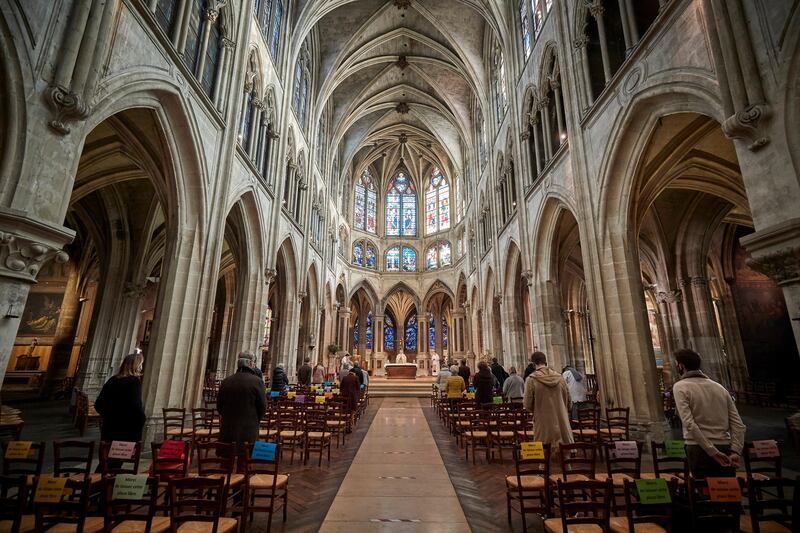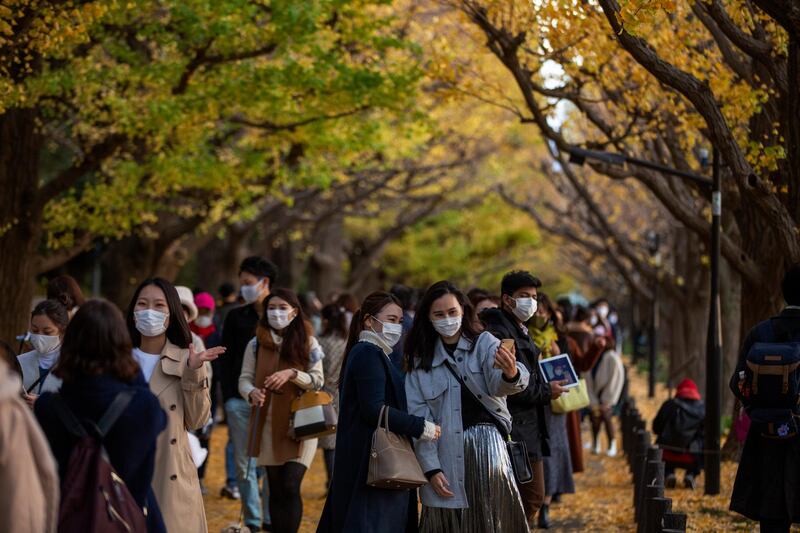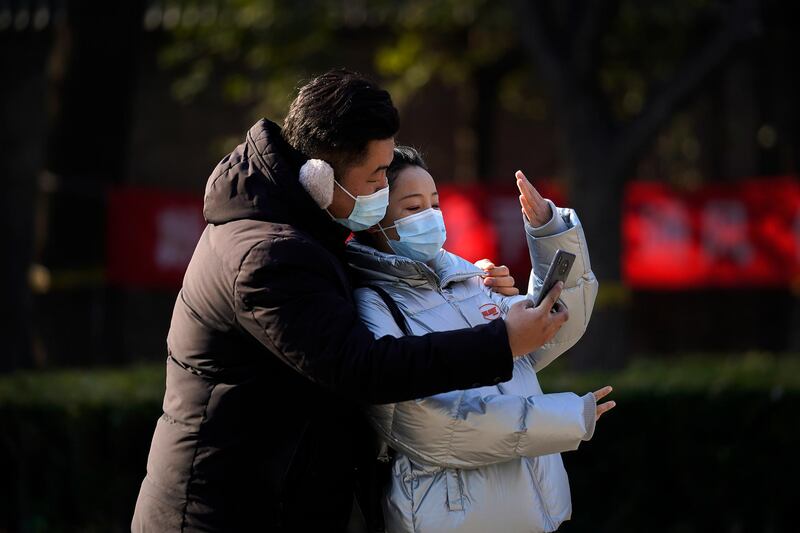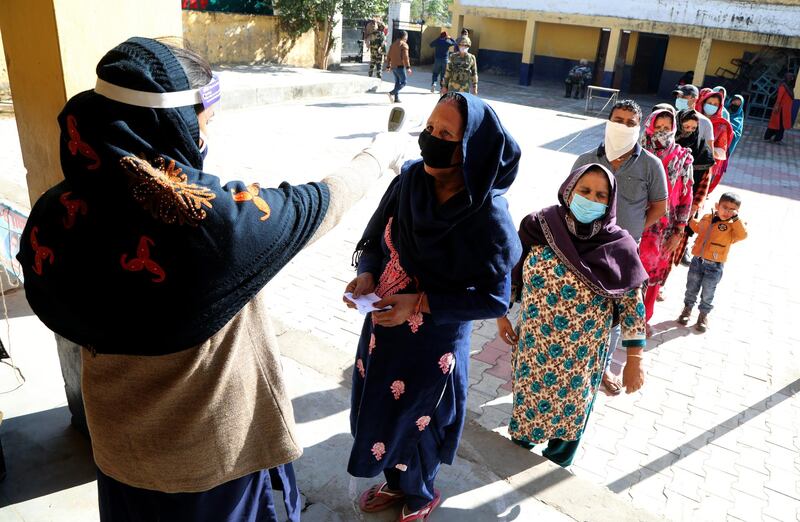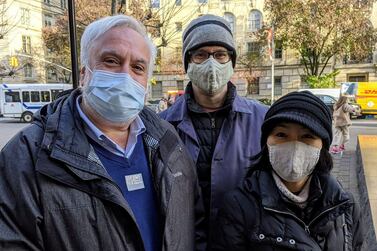With four million new Covid-19 cases in November, more than twice as many people in the US contracted the virus than in October.
The November surge pushed US case numbers since the start of the year over the 13 million mark, accounting for more than 20 per cent of all cases worldwide. More than 272,000 people in the US have died from the virus, according to Worldometers – the highest recorded number anywhere on the planet.
Underscoring the crisis, on Sunday Worldometers reported more than 5,000 new cases in the US.
Millions of Americans travelled to see family in time for Thanksgiving on Thursday, despite the risk of surges caused by the mass movement.
While experts said it will take time for the true extent of any Thanksgiving coronavirus rise to become apparent, health officials are looking at how to manage Christmas next month.
Americans turn to Thanksgiving food banks amid pandemic
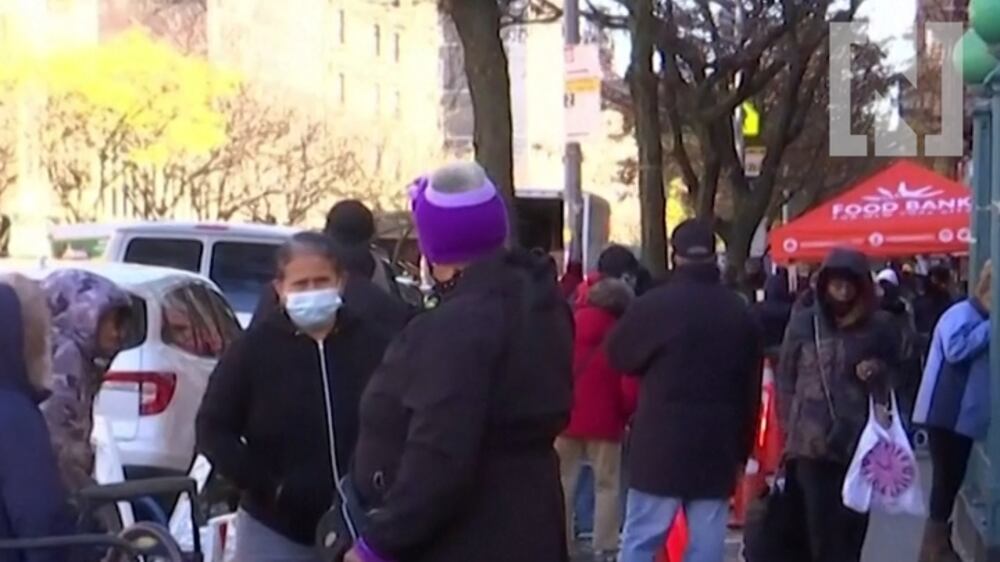
Coupled with people meeting and moving around the country, the cold weather has also pushed people indoors or into enclosed spaces, where they would have been outside during the warmer summer months. This is an issue virologists say is critical when it comes to the spread of coronavirus.
"We are on track to continue this accelerated pace of the epidemic and see even more speed of rise in cases because of the movement indoors, of activities around the country and because large numbers of people have moved around the country for the holidays," Tom Inglesby, the director of the Centre for Health Security at Johns Hopkins University, told The New York Times.
He said people needed to exercise greater caution and that more stringent measures on mixing were needed.
“There has to be a combination of individual members of the public making different decisions and policymakers restricting the activities or settings with highest transmission risk, like restaurants and bars, where people are sitting close for prolonged periods without masks."
President Donald Trump is under fire for his poor handling of the pandemic, which has ripped across the US. In Washington, governors and state legislators are racing to get pandemic relief to owners of small businesses, the unemployed, renters and others whose livelihoods were upended by the coronavirus outbreak.
In some cases, elected officials are spending the last of a federal relief package passed in the spring as an end-of-year deadline approaches and the autumn virus surge threatens their economies.
Democrats have been the most vocal in criticising Mr Trump and the Republican-controlled Senate for failing to act, but many Republican politicians are also sounding the alarm.
“While the United States of America is on fire, the Trump administration has left states to fight this virus on their own,” said Governor Michelle Lujan Grisham of New Mexico. She said state efforts alone were not enough. “It is clear no help is coming – not from this president, not from this administration. As we have done every day this year, New Mexico will step up.”
President-elect Joe Biden has put the government’s response to the pandemic at the centre of his first push when he takes office on January 20.
His transition team named three more experts to its Covid-19 Advisory Board, which is helping to guide the president-elect to fulfil the campaign promise of a robust national strategy against the resurgent virus.
The new members are Jane Hopkins, a nurse specialising in mental health who worked most recently in Washington state; Jill Jim, executive director of the Navajo Nation Department of Health; and David Michaels, an epidemiologist at George Washington University who served in the Clinton and Obama administrations.
But in another sign of how the pandemic is affecting daily life in the US, the usual Black Friday rush of shoppers hunting for bargains on big-ticket items was muted this year.
The number of physical visits to outlets in the US was 52 per cent lower compared with a year ago, according to preliminary data from Sensormatic Solutions.
On Thanksgiving Day, foot traffic to shops plunged by 95 per cent from a year ago.
Many retailers chose to close and deals are being spread throughout the season, said Brian Field, Sensormatic's senior director of global retail consulting.
But in a more positive sign for retailers, Adobe Analytics expects Cyber Monday, on November 30 this year, to become the largest online sales day in US history, with spending between $10.8 billion and $12.7bn, representing a 15 per cent to 35 per cent growth from a year ago.
Additional reporting by agencies
